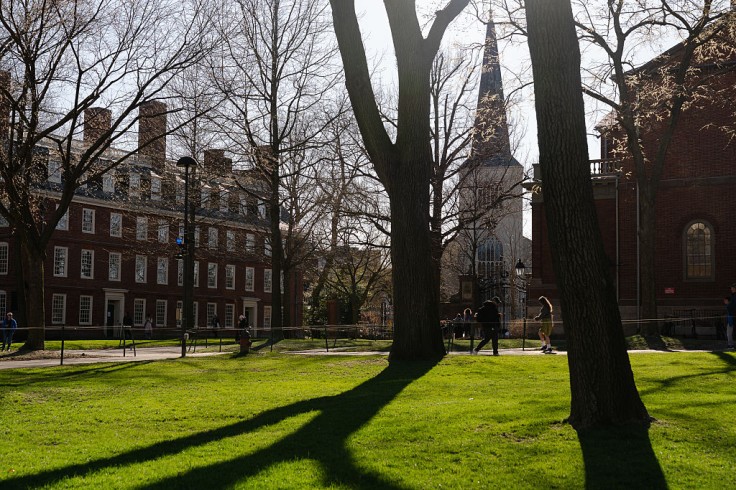
As settlement talks between Harvard University and the Trump administration intensify, campus debate is reaching a fever pitch. With reports that Harvard may pay a $500 million settlement for restored federal funding – following similar deals by the University of Pennsylvania and Columbia – faculty are split on whether to stand firm or opt for a "harm reduction" strategy.
Harvard's High-Stakes Negotiation
The White House is reportedly pressuring Harvard to pay a significant financial settlement, with additional calls for outside oversight. Columbia's agreement, which included more than $200 million in payments and third-party compliance reviews, has set the stage for what Harvard might face. Brown University has also recently reached a deal with the federal government.
Faculty Push Back, Draw 'Red Lines'
Strong opposition has come from Harvard's chapter of the American Association of University Professors (AAUP), urging President Alan Garber either to reject any deal or to commit to non-negotiable terms. Their main concerns include:
- No substantive changes to faculty hiring or tenure reviews
- Protection against government intervention in academic units and centers
- Student discipline guidelines free from political interference
- No sharing of political data on students or faculty beyond legal requirements
- Faculty involvement in all academic hiring decisions
- Rejection of external monitoring, except by the federal judge currently overseeing related lawsuits
A separate letter from nine prominent faculty members emphasizes that outside authorities must not dictate governance, hiring, or admissions. They demand that any potential financial settlement be managed transparently, without allocation to "patronage slush funds".
The Columbia Deal as Template—and Cautionary Tale
Columbia's settlement, touted for restoring federal funds, included provisions for ongoing reviews and restrictions on protest activities. While former Harvard President Lawrence Summers praised the agreement as a template for Harvard, others warn that such deals can compromise university autonomy and academic freedom. Faculty reactions range from cautious optimism about financial relief to fears of eroding independence1.
National Stakes: Academic Freedom at Risk?
Beyond Harvard, the debate has broader implications for American higher education. Advocates like the Foundation for Individual Rights and Expression caution that a Harvard settlement could establish a "dangerous" precedent. They argue it might embolden further federal intervention and undermine both the First Amendment and academic autonomy at universities nationwide.
Faculty are acutely aware of the stakes. While some view a settlement as necessary harm reduction, others see it as capitulation to political pressure. The looming decision will not only shape Harvard's future but could redefine the boundaries of academic freedom across the country
© 2026 University Herald, All rights reserved. Do not reproduce without permission.








